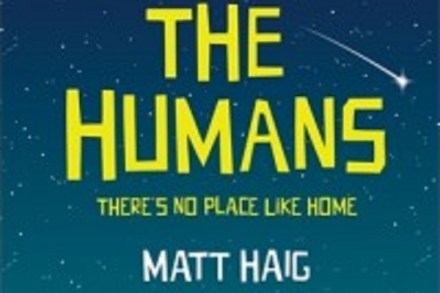Seriously eccentric – Chaplin & Company by Mave Fellowes
Chaplin & Company is an alarming proposition for anyone with a low threshold for the cute and quirky. Its main character, Odeline Milk, is a mime artist. She is serious and eccentric. In bed she lies on her back ‘as if she has been arranged this way and told not to move’. She wears brogues several sizes too big for her feet. When we meet her, she is moving into a canal boat in London. Her mother, with whom she lived in Arundel, West Sussex, has just died. Odeline does not dwell on this. Instead she is thinking about her new life. In London, she thinks, her artistic endeavours will











